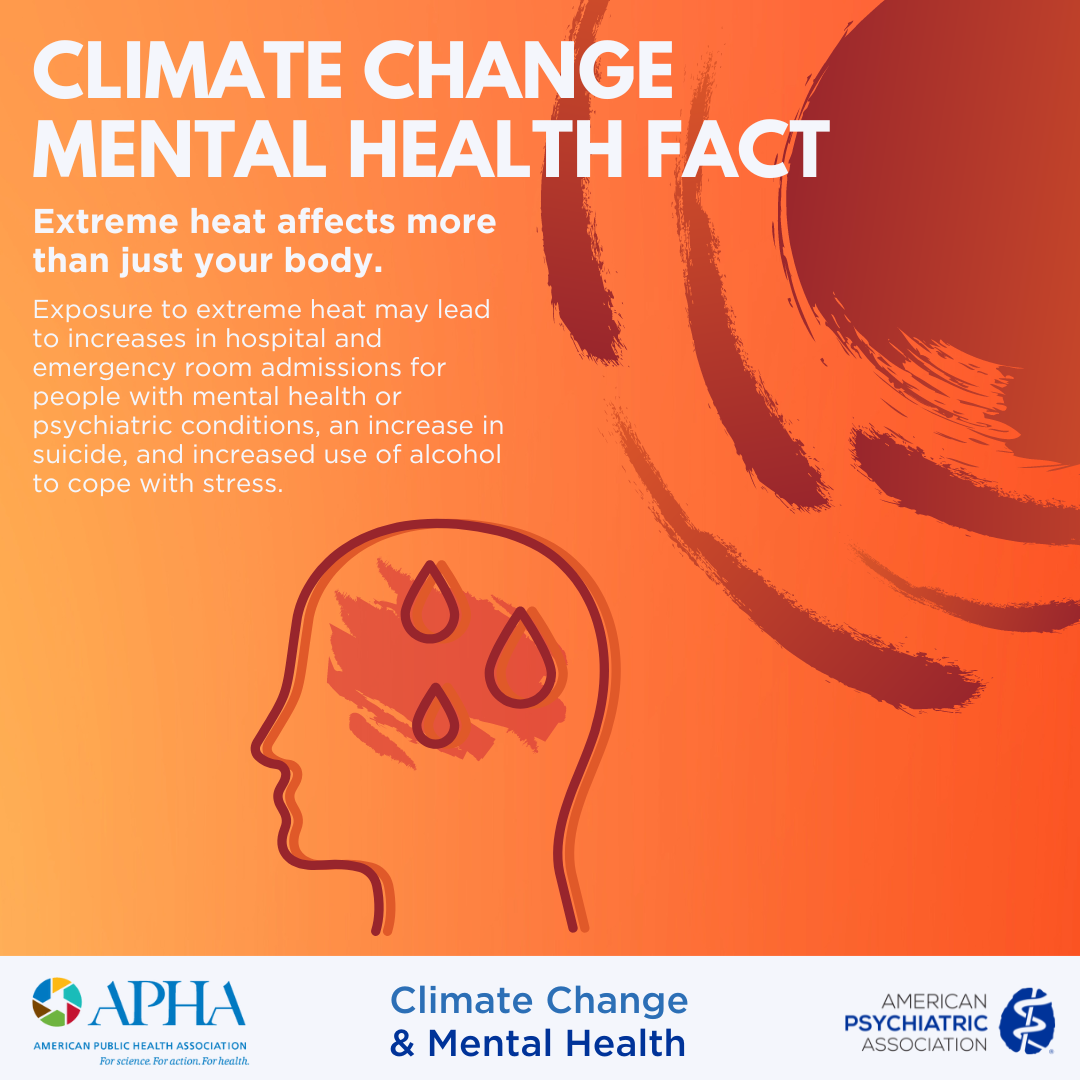Summertime Sadness
Major Depressive Disorder with a seasonal (spring, summer, fall, winter) pattern — often known as Seasonal Affective Disorder or SAD — is commonly associated with the concept of ‘wintertime blues.’ However, SAD is a diagnosable clinical condition that can occur with any seasonal change, including summer.
An adverse summertime mood change can be especially shame-inducing, and worsen symptoms of depression, for individuals who are repeatedly exposed to the message that they should be happier during the summer, not sadder. This is often the message from social media (viewing another’s post of a seemingly enjoyable beach vacation); from family and friends (being told that you shouldn’t stay inside while the sun is shining); or cultural norms which hold that summer is the season of fun.
Even if you are not experiencing symptoms severe enough to warrant a diagnosis of SAD, significant mood changes are important to note, since doing so can lead to relief by seeking help. Signs of significant mood changes include:
+ Feeling depressed most days
+ Loss of interest in previously enjoyed activities
+ Appetite, sleep, and energy level changes
+ Agitation
+ Difficulty concentrating
+ Feelings of despair or hopelessness.
Although not universally applicable, notable symptoms of summer-pattern SAD may include insomnia, poor appetite, restlessness, anxiety, poor anger management, and even episodes of violent behavior.

On top of changes in a brain’s chemistry that may lead to the onset of summer-pattern SAD, environmental factors can contribute as well. These could include disrupted family schedules due to children being out of school, triggers related to poor body image, and financial expectations or obligations, such as summer vacations or costs of childcare that may not be incurred during other seasons.
The most notable summertime environmental condition that may negatively impact construction workers is heat. Aside from the significant risk of medical illness due to heat exposure, there are mental and cognitive health risks as well (for information on how to prevent heat-related illnesses, please see pages 22–23). Research also links heat exposure to problems with memory, attention, and reaction time. One study showed that hotter days were associated with a higher risk of emergency room visits for substance use, mood and anxiety disorders and several other mental illnesses.
If you are finding it hard to “enjoy life” this summer, you are not alone. MAP encourages you to respond proactively and seek support. Whether your symptoms are mild or more severe, there are paths forward. If you or a loved one needs support, or would like more information about this topic, please call MAP for free, confidential help at 1-833-MAP-TALK, Monday through Friday 8 a.m. to 7 p.m. EST.
